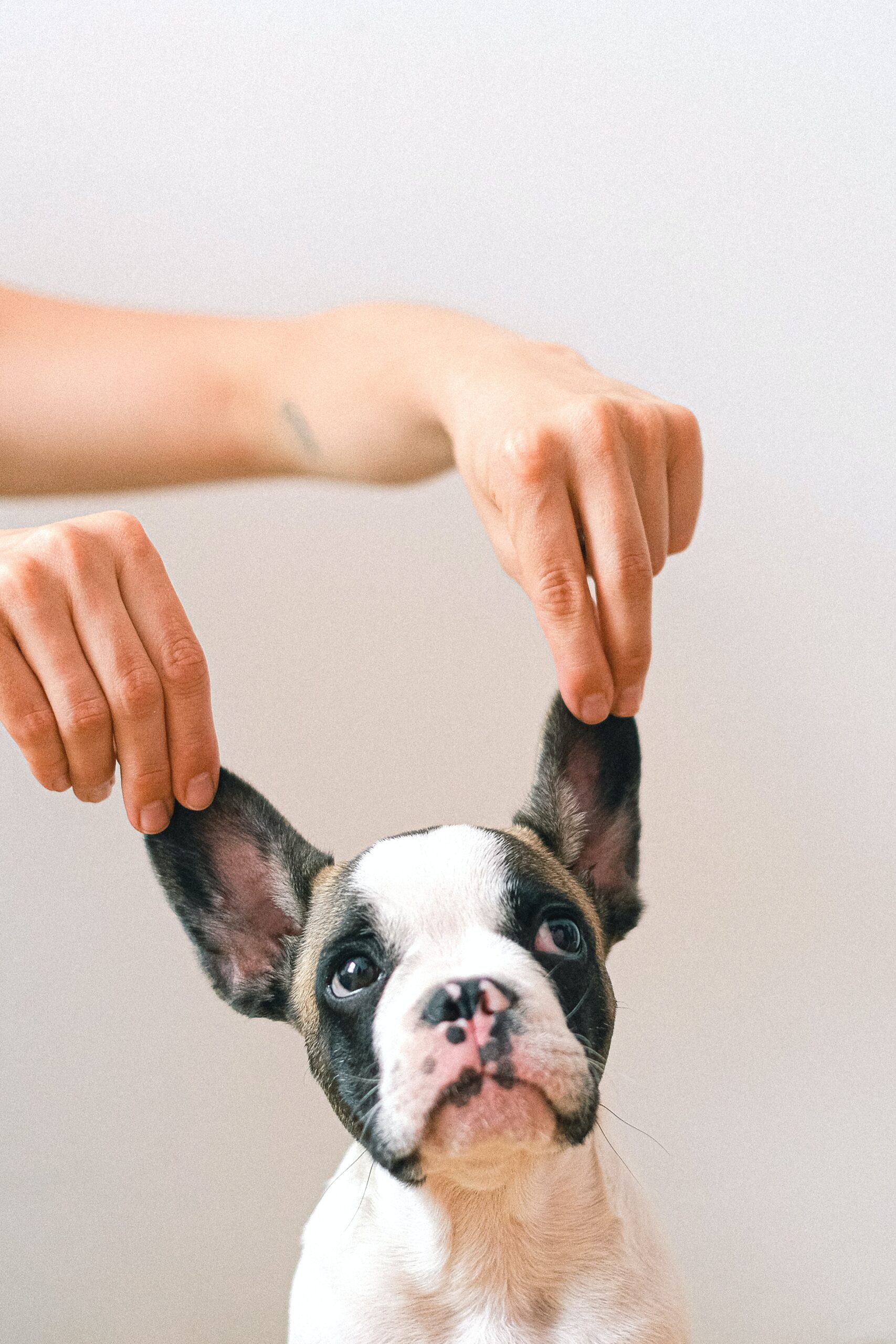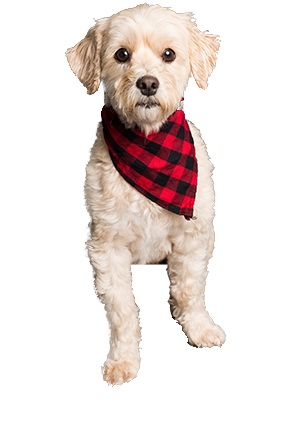Sign Up To Receive Exclusive Emails, Content, & Offers.
Also get our Free "The Airplane Game" eBook
You have subscribed successfully!
Some error occured
Please fill all the required * fields.
Your information will remain secure and will not be shared with anyone.







